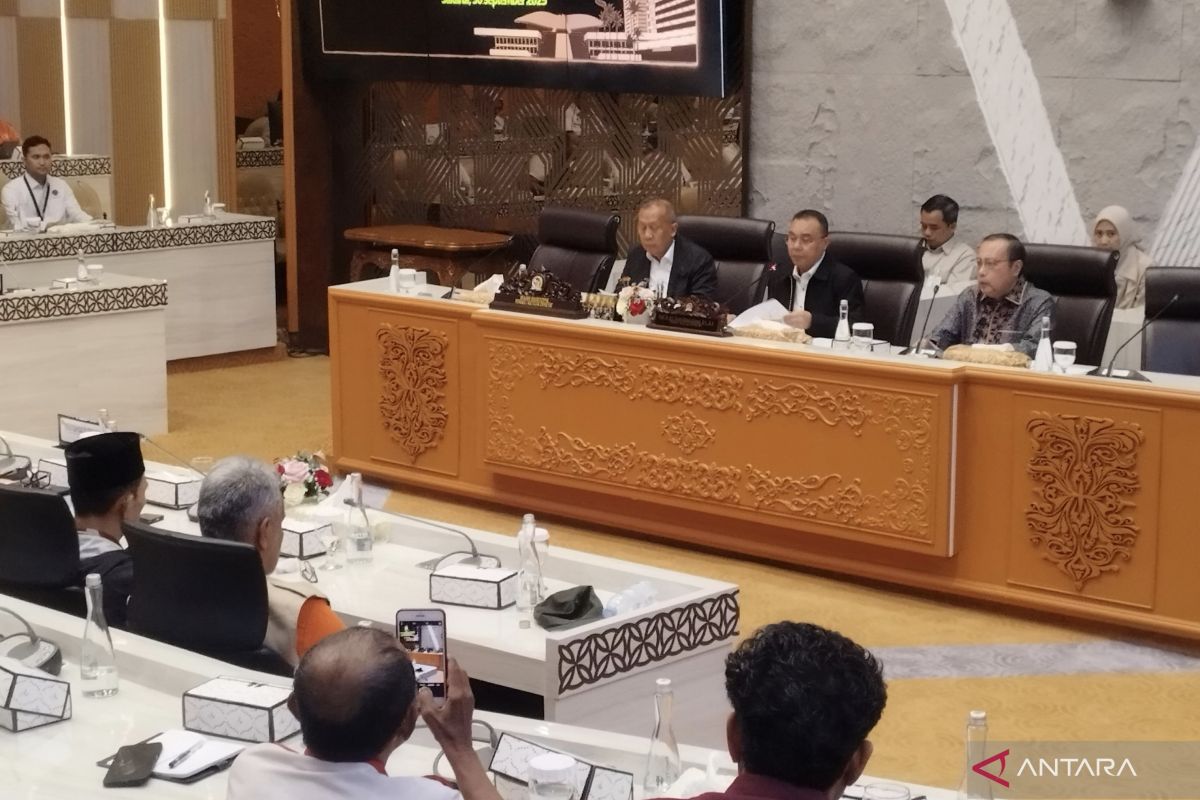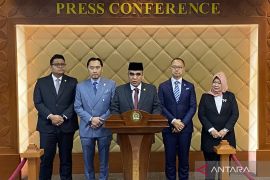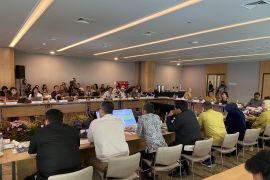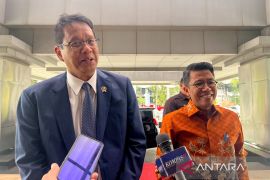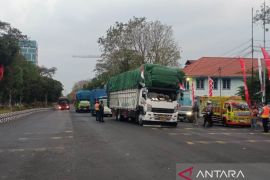He explained that the move follows Constitutional Court (MK) Ruling No. 168/PUU-XXI/2023 on the judicial review of the Job Creation Law. According to him, the DPR’s Expert Body has examined several key points from the ruling.
“Parliament will encourage the broadest possible public participation in forming the new labor law,” Dasco said after concluding a hearing with KSP-PB at the parliamentary complex in Jakarta on Tuesday.
He added that parliament will form a drafting team involving labor unions, labor confederations, and the government to ensure the law is comprehensive.
“As with the Criminal Procedure Code, we will continue to accept public participation until we reach a draft that can be passed into law and meets common expectations,” he said.
Meanwhile, Labor Party official Said Salahudin stressed that Constitutional Court Ruling No. 168/PUU-XXI/2023 mandates the creation of a new labor law, not a revision of the existing one.
He criticized the lack of progress, noting that nearly a year has passed without clarity from parliament on the draft.
To address this, his group submitted a document containing recommendations and key points for further discussion.
Related news: Omnibus Law may hurt domestic workers: labor union
Said explained the document outlines 17 new issues, including protections for groups of workers who have long been excluded from recognition and access to their rights.
“There are groups of workers who are considered non-workers, even though they are employed by an employer,” he said.
According to data from Statistics Indonesia (BPS) as of August 2024, the country had 144.64 million workers, with 142.18 million fully employed and 2.46 million classified as underemployed.
Earlier BPS figures released in February 2024 showed that 142.18 million people were working out of a labor force of 149.38 million.
The three largest sectors absorbing workers were agriculture, trade, and manufacturing.
The data also pointed to an increase in unpaid family workers, highlighting the lack of formal employment opportunities.
Related news: Workers' nationwide strike against Job Creation Law to continue: KSPI
Translator: Primayanti
Editor: Rahmad Nasution
Copyright © ANTARA 2025
